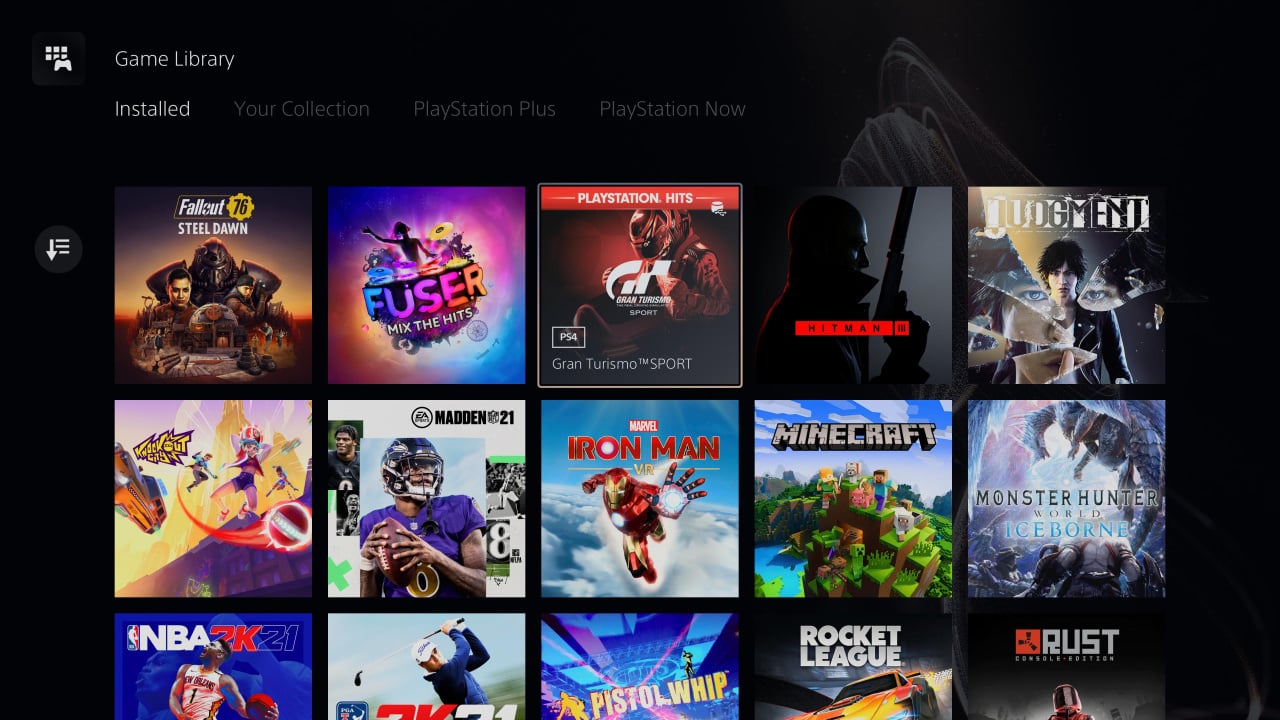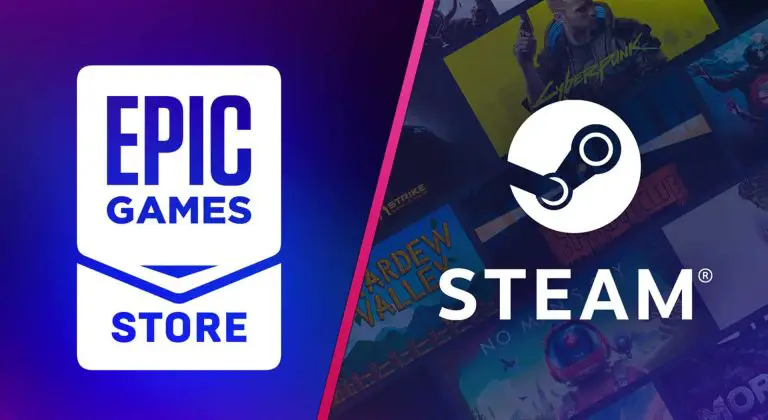In the world of digital gaming, two giants stand tall: Steam and the Epic Games Store. These platforms have transformed how we purchase, download, and play video games. But with their distinct features and exclusive offerings, the question remains: which one is better? Join us on a journey as we compare Steam and the Epic Games Store to help you decide which platform suits your gaming needs.
Game Library:

Steam boasts an enormous game library with thousands of titles, from indie gems to AAA blockbusters. It has been around since 2003, accumulating a vast and diverse collection over the years. The Epic Games Store, on the other hand, is a newcomer, but it’s making waves by offering exclusive titles like Fortnite and Control. However, Steam’s extensive library remains unrivaled.
Exclusive Games:
Epic Games Store has made headlines for securing exclusive deals with developers, offering free games every week, and even distributing well-known titles before their Steam release. If you’re looking for exclusives, the Epic Games Store takes the lead in this category.
Pricing and Sales:
Steam is renowned for its seasonal sales events, including the Summer Sale and Winter Sale, where games are often heavily discounted. The Epic Games Store also runs sales and offers free games, but its pricing strategy isn’t as aggressive as Steam’s. If you’re a bargain hunter, Steam might be your go-to platform during these sales events.
User Interface and Features:
Steam provides a user-friendly interface with features like Steam Workshop for mods, SteamVR for virtual reality, and the Steam Controller. It also offers a dedicated gaming community with forums and user reviews. The Epic Games Store, while simple and clean, doesn’t match Steam’s feature set. Steam’s community and workshop integration can be a significant advantage for mod enthusiasts.
Customer Support:

Steam offers responsive customer support, with the option to request refunds and get assistance with technical issues. The Epic Games Store’s customer support is less robust and is an area where it could improve.
DRM and Offline Play:
Steam utilizes DRM (Digital Rights Management), which requires you to be online to activate games initially. However, once activated, many games can be played offline. The Epic Games Store, in contrast, offers offline play for most titles without DRM.
Platform Integration:

Steam’s Big Picture Mode and Steam Link allow you to stream games to your TV or other devices. It also supports Windows, macOS, and Linux. The Epic Games Store is primarily PC-focused and doesn’t have the same level of integration.
Revenue Share for Developers:
Epic Games Store made waves by offering a more developer-friendly revenue-sharing model, taking only a 12% cut compared to Steam’s 30%. This move has attracted many developers to the platform, leading to exclusive deals.
Community and Social Features:

Steam has a well-established gaming community with features like user reviews, groups, and Steam Chat. The Epic Games Store, while growing, doesn’t yet offer the same level of social engagement.
Longevity and Trust:
Steam’s long history and reputation in the gaming industry have built a high level of trust among gamers. The Epic Games Store, despite its aggressive approach to exclusives, is still establishing itself as a trusted platform.
So, which platform is best for you? It ultimately depends on your preferences and priorities as a gamer. If you’re looking for a massive library of games, frequent discounts, and a robust gaming community, Steam is the clear choice. However, if you’re enticed by exclusive titles, developer-friendly revenue-sharing, and free game giveaways, the Epic Games Store might be more appealing.
In many ways, the competition between these two platforms benefits gamers. It encourages both Steam and the Epic Games Store to improve their offerings continually, from game libraries to customer support. The choice between the two platforms may even come down to the specific games you want to play, as some titles are exclusive to one or the other.
Ultimately, the “best” platform is the one that aligns with your gaming preferences, budget, and priorities. You might even find yourself using both to take advantage of their unique features and game offerings. Whichever you choose, you’re sure to enjoy countless hours of gaming entertainment on these digital storefronts.

